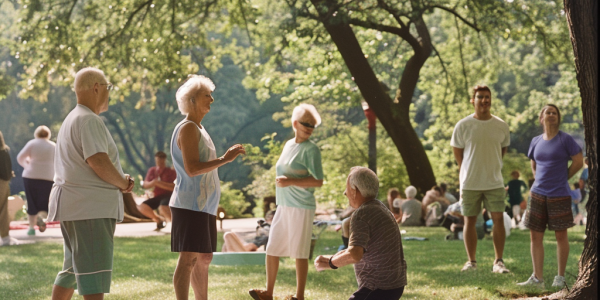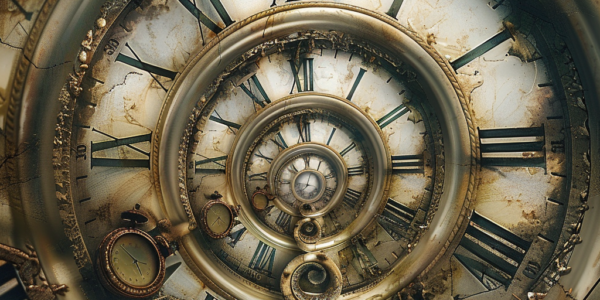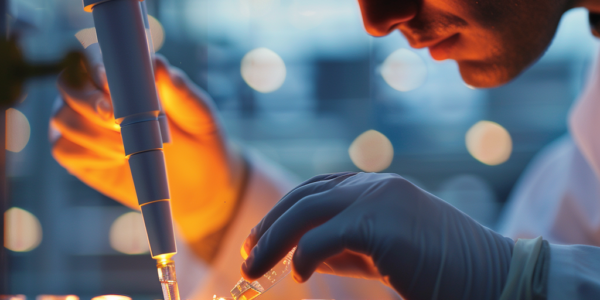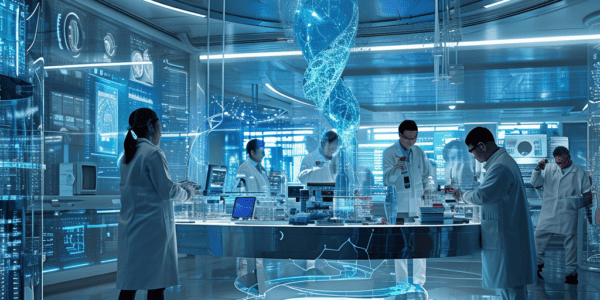Understanding Biological vs. Chronological Age: The Key to Healthier Aging
Explore the critical distinction between biological age and chronological age in health and wellness. Discover how lifestyle choices significantly impact biological aging, allowing individuals to take control of their health and potentially reduce their biological age for a healthier, more fulfilling life.
Pregnancy linked to increased biological ageing in women, study finds
A study from the Columbia University Mailman School of Public Health found that pregnancy may accelerate biological aging in women. The research, published in the Proceedings of National Academy of Sciences, revealed that each individual pregnancy reported was linked with an additional two to three months of biological aging. The study also showed that women who reported more pregnancies during a six-year follow-up period experienced a greater increase in biological aging. These effects were observed even after accounting for socioeconomic status, smoking, genetic variation, and the built environment in participants’ surroundings.
Experts explain how you can reverse your biological age
Learn how tech mogul Brian Johnson spends $2 million a year to de-age himself, and discover simple, science-backed tips from experts on how to reverse your biological age without the crazy and expensive methods.
Pregnancy’s Effect on Biological Age
Pregnancy can have a significant impact on biological age, with new research showing a reversal of aging effects after delivery. The study from Yale University highlights the potential for bodies to bounce back from the changes of pregnancy, but researchers emphasize the need for further understanding of the mechanisms at work.
New Epigenetic Clock Modeled on Cheek Swabs Offers Non-Invasive Approach to Predict Biological Age
Learn about the new non-invasive epigenetic clock that can predict a person’s biological age using cheek swabs, offering potential for precision medicine. Understand how epigenetic clocks work and how DNA methylation is correlated with age, providing a predictable pattern to trace a person’s biological age.
Fasting-like Diet Could Slow Aging Process, Study Suggests
A recent study from USC Leonard Davis School of Gerontology suggests that a fasting-like diet could slow down aging, improve immune system aging, and reduce disease risk factors. Participants on the fasting-mimicking diet showed reduced biological age, decreased insulin resistance, and improved overall health. The study offers promising insights into the potential of dietary interventions on aging and disease risk.
New Epigenetic Clocks Revolutionize Age Measurement
Brigham and Women’s Hospital researchers have created groundbreaking epigenetic clocks that may change the way we determine age. This new technology has the potential to revolutionize age measurement methods.
Unraveling the Role of Genetic Mutations in Aging and Disease Susceptibility
In a groundbreaking research initiative, scientists are embarking on a quest to unravel the role of genetic mutations in the aging process and their potential impact on diseases like cancer. Armed with a $3.5 million research grant from the National…








